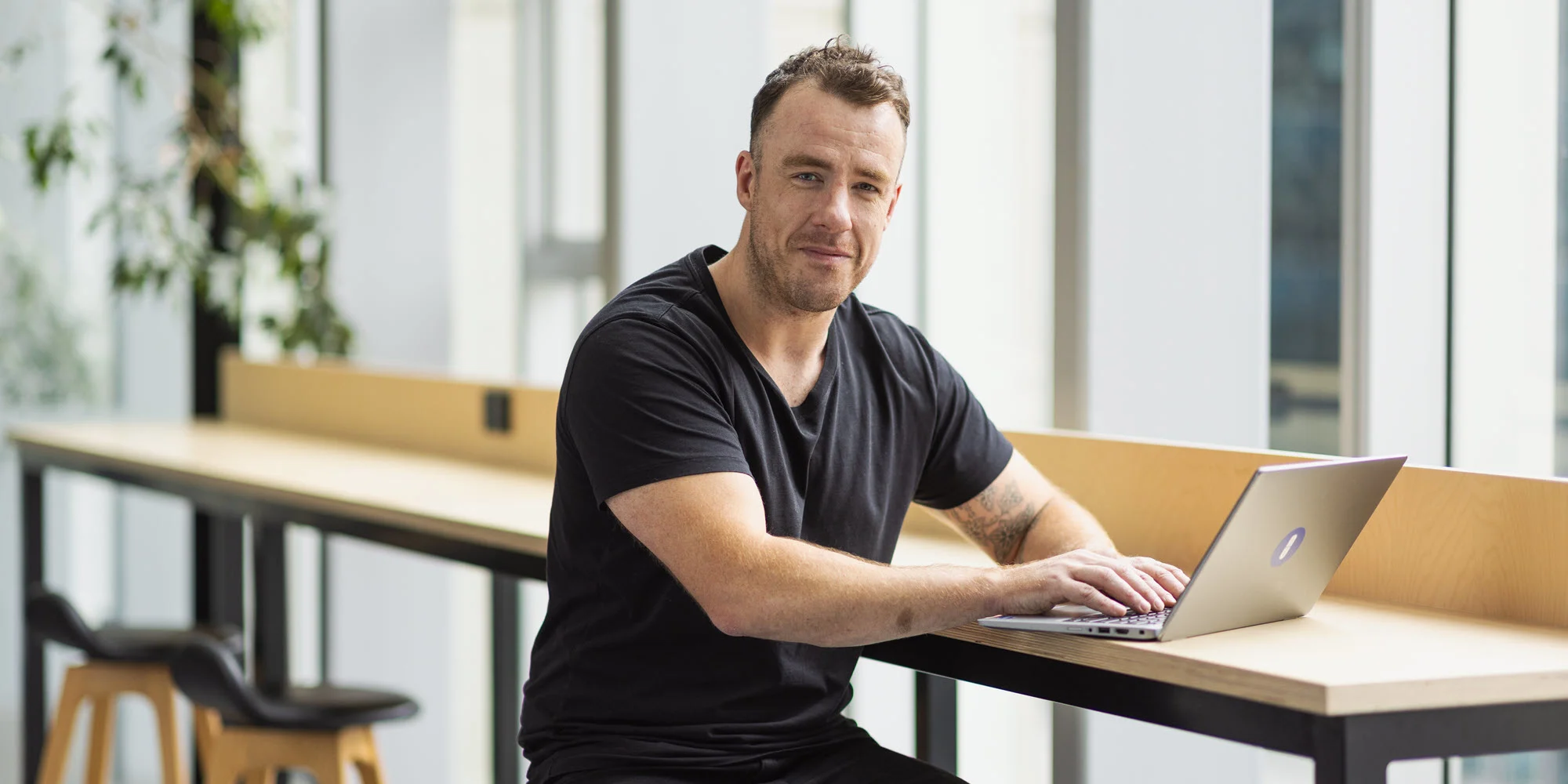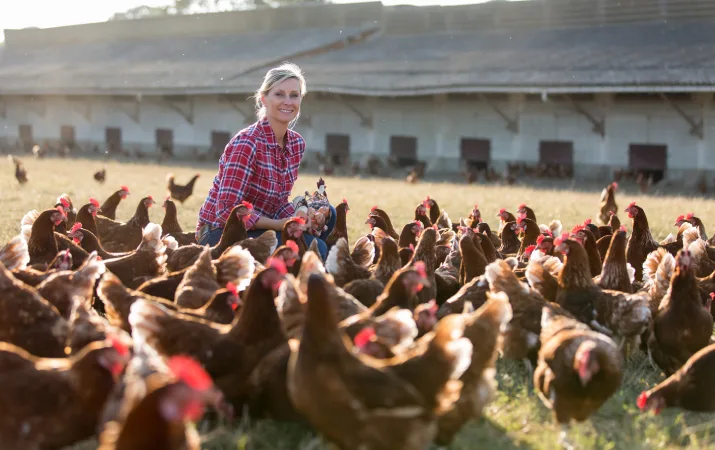How to become an emergency specialist
Help protect individuals and minimise risk at crisis at crime scenes.
What does an emergency specialist do?
Sometimes called "First Responders", emergency specialists include firemen, paramedics, and others called to scenes of crisis or crime. Emergency specialists attempt to minimise risk after an event and provide assistance to those individuals at the scene.
Duties and tasks
Minimise risk by dousing fires or taking other steps as needed.
Participate in in-service events and drills to hone rescue and reaction skills.
Provide first aid to those at the emergency.
Rescue, free, or evacuate those trapped in dangerous conditions.
Rush to scenes of fire and other emergencies.
Study building maps and plans to become familiar with access points and escape routes.
Industry bodies
Related jobs
Intensive care paramedic
Enrolled nurse
Rescue paramedic
Therapy Aide
Discover related courses
Graduate Certificate in Acute Care Nursing
PostgraduateGRF-ACN-GCE
For registered nurses advancing to leadership or specialisation
Revitalise your career with this postgraduate nursing course. Explore advanced and complex evidence-based practices. Apply critical thinking to healthcare leadership. Become a clinical specialist, or continue on the pathway to a Masters in Nursing.
- Study method
- 100% online
Master of Health (Advanced Nursing)
PostgraduateFED-HAN-MAS
Lead the future of nursing in a specialised area of your choice
Advance your practice with expert clinical reasoning and leadership. Tackle complex patient care, explore global health, and complete a project in your workplace. Graduate ready for senior roles in acute care, education or policy.
- Study method
- 100% online
- Duration
- 2 years full time or part time equivalent
Graduate Certificate of Critical Care Paramedicine
PostgraduateECU-CCP-GCE
Boost your skills in critical care
If you’re a paramedic with a desire to provide greater care in emergency situations, this course can help you hone your knowledge. Deepen your understanding of pathophysiology, cardiac, medical and obstetric patients.
- Study method
- 100% online
- Duration
- 6 months full time or part time equivalent
Graduate Certificate in Health Protection
PostgraduateTAS-HLP-GCE
Learn how to jump into action during a health crisis
If you work in healthcare or emergency services, then this timely course could be for you. Discover how to respond to public health incidents like COVID-19 outbreaks and bushfire smoke. Understand the science and regulations behind public health surveillance.
- Study method
- 100% online
- Duration
- 1 year full time or part time equivalent
Need help making study choices for your career?

Need help making study choices for your career?
Our student advisors will turn your aspirations into a clear study path.
They'll help you with:
Choosing and enrolling in the right course for your desired career, including pathway options.
Mapping a study plan that allows you to balance work and home commitments.
Understanding eligibility for funding, including HECS-HELP loans.
Get unbiased advice at no cost today.
Looking for other ways to start the conversation? Contact us
Step up your career with these resources

8 undergraduate certificates that will help you get into a bachelor degree
Don’t meet the requirements for your dream course? These undergraduate certificates could be your ticket in.

8 subjects you’ve never heard about (but should have)
Break away from the well-trodden path and find a course as unique as you are. From uncovering your inner palaeontologist, to studying the intricacies of Japanese culture, these eight subjects offer something a little different.

These are the most in-demand health roles right now
Wondering where to go next in your healthcare career? Take a look at these numbers.

What jobs are needed most in regional Australia?
Thinking about making a sea or country change? If you’re ready to explore life in regional Australia, you’ll find exciting job opportunities and a laid-back lifestyle that feels just right.